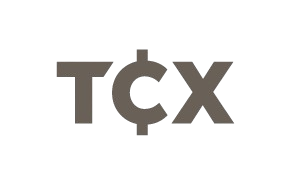Mongolia’s ruling coalition is on the verge of collapse as the Prime Minister faces political scrutiny, amid continuing protests calling for his resignation. Disagreements between coalition parties have escalated, with one party already being ejected from the coalition. A parliamentary session will be held today.
